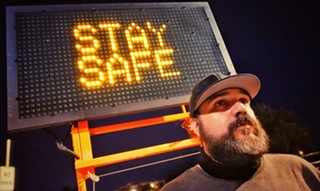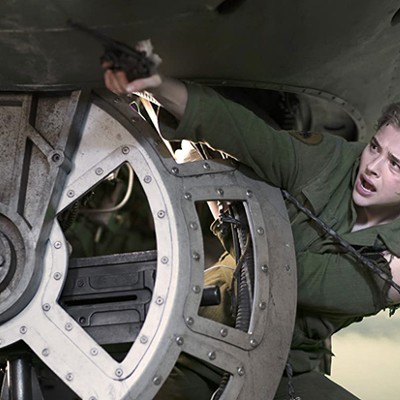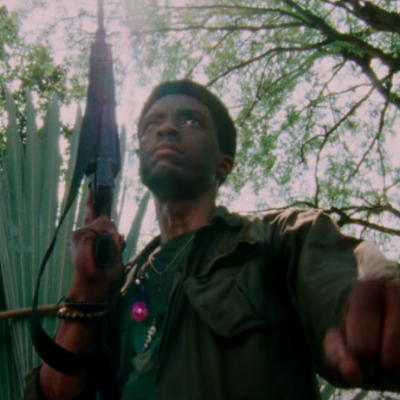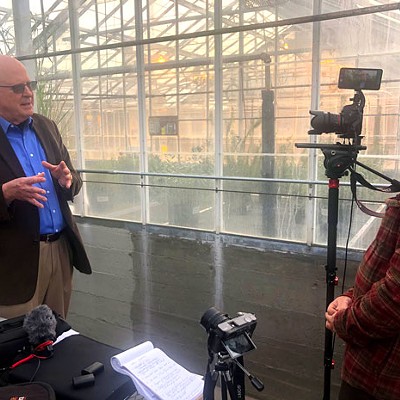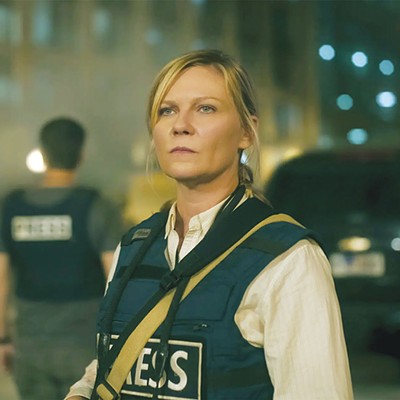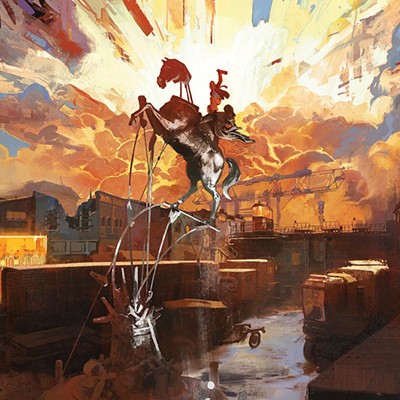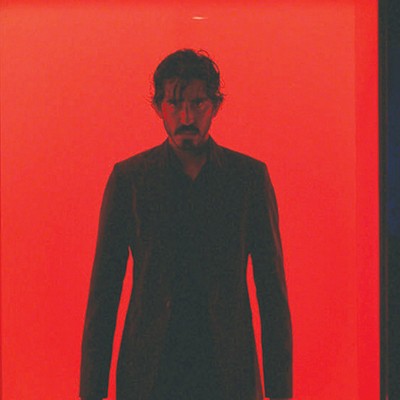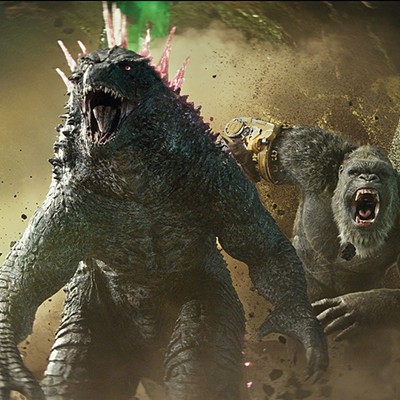A good documentary doesn't lead its audience by the nose, it shows them where to stick it. Jumbo Wild is one of those rare and wonderful docs that slowly shares all of its facts, making the audience more knowledgeable (and disgusted), while letting all personal judgments come organically.
Produced by Sweetgrass Films and Patagonia, Jumbo Wild tells the story of one of British Columbia's last untamed areas: the Purcell Range of the Columbia Mountains. Basically, in an area where there are 15 ski resorts within a five-hour drive, Canadians are fighting to keep a massive resort from opening in an alpine glacial valley.
The film does its due diligence by introducing the lead architect and vice president of the future Jumbo Glacier Mountain Resort. The VP argues that the locals from Invermere (34 miles west of the glacier) would have year-round jobs and be able to better their stations. While it is hard to rally against creating more jobs, Glacier Resorts Ltd. and the provincial government have muddied the waters with new levels of shadiness in their business practices.
Here's the rub: Jumbo Glacier is an official municipality with a population of zero. Glacier Resorts has been desperate for more than two decades to build a $450 million ski resort with dozens of lifts and gondolas, condos, shops, hotels, and much, much more. In 2012, the provincial government amended the Local Government Act to allow the founding of a municipality without citizens. Now an area with no people has a mayor and councilors, who must adhere to whatever the resort wants, and not the people of any community nearby. Here's the worst part: Jumbo Glacier received a $260,000 grant and $50,000 in tax money for the bridges and roads that need to be built for the private (and somewhat confusingly public) corporation's ski resort. Jumbo Glacier Resort has conned the people of British Columbia into paying for the construction of a resort they are almost overwhelmingly opposed to.
But that's not all: The First Nation Tribe of Ktunaxa sees that spot as a sacred area known as Qat'muk, where the spirit of the grizzly bear is born and returns after death. Since the Ktunaxa have made that area home for more than 400 generations, it seems short sighted (at best) to argue the point. Jumbo is also a critical grizzly bear habitat; one of the largest and last left on the planet.
Director Nick Waggoner does an admirable job not painting anyone as the villain, but instead letting them dig their own holes. One of the finest moments of the film comes when the vice president of Glacier Resorts is talking about the protesters against Jumbo Glacier Resort. He smiles and essentially says that he cares more about not losing the battle than he does about the resort. Sounds like a great reason to displace the grizzlies, destroy a few thousand years of native tradition, and put some tourists, a Starbucks, and a Verizon store on top of one of the last pristine places left on Earth. Glacier Resorts does their mustache twirling just fine all on their own.
Jumbo Wild is a precisely-focused and potent documentary. It doesn't try to cover all the bases in one go, and its hour-long run time allows for the anger to slowly build without dissipation. It's a fascinating subject that hasn't seen much press and a subject that an area like Bend should be intimately familiar with. You know, for future reference.
Jumbo Wild
8 pm, Sunday, Oct. 18.
Patagonia @ Bend, 1000 NW Wall St.
Free

